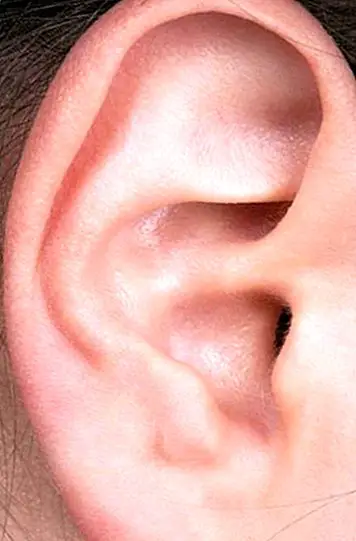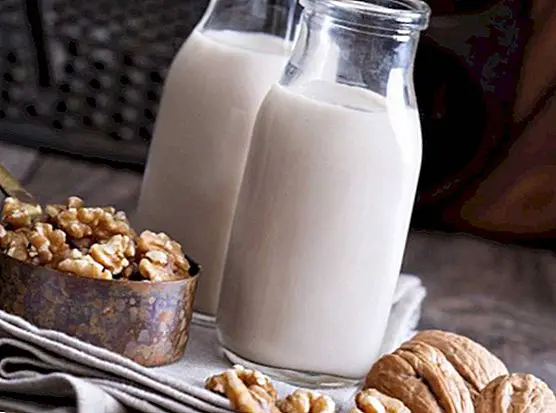Foods rich in fluoride
Fluorine is one of the most abundant elements in nature, which we find mainly in water, in vegetation and in the atmosphere; but also in different drinks and foods.

It is considered as a important component of the organism, both human and animal, being especially associated with calcified tissues, as is the case of teeth or bones, thanks to its affinity with calcium.
Not in vain, that fluoride is an essential element in a wide variety of tooth products is no coincidence, given that is able to inhibit the onset or progression of dental caries, at the same time that stimulates bone formation.
With regard to the recommended daily amounts of fluorine we find that, in adults, in men the advisable thing is 4mg / day, and in women 3mg / day.
Of course, the maximum recommended fluoride intake should not exceed 10 mg per day for adults.
An interesting way to ensure a Recommended adequate intake of fluoride is to always keep in mind what are the foods richer in fluorine, so that they can not be lacking in a balanced diet.
Foods richer in fluorine
- Fluorinated waters: contain approximately between 0.7 - 1.2 mg.
- Fish: salmon, sardines or cod (between 0.01 to 0.17mg / 100 gr.)
- Seafood.
- meats: like the chicken.
- Fruits and vegetables: like oranges or onions.
- Dairy products: breast milk and fluoridated milk.
- Green vegetables: like spinach or lettuce.
- Potatoes.
- Desserts: gelatins
- Infusions: as tea (from 1 to 6 mg / liter).
How to ensure a correct contribution in fluoride?
An option not only interesting but recommended to ensure a correct contribution in fluoride is to include daily some of these foods in our daily diet.
For example, one day we can have chicken lunch at the beach ending with oranges for dessert, and another day opt for a delicious grilled salmon and finish with a nutritious fruit jelly.
As we see, the options are multiple, and the key is that none of these foods are missing in our daily diet.
Image | Andrea Pokrzywinski This article is published for informational purposes only. You can not and should not replace the consultation with a Nutritionist. We advise you to consult your trusted Nutritionist.


